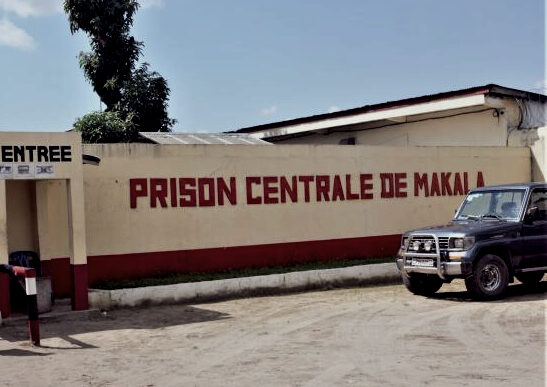Canada says it is recalibrating its labour market by cutting down on foreign workers and investing in able-working citizens.
The overhaul reverses the expansions made to the temporary foreign worker (TFW) program in 2022 which saw an increase in economic principal applicants arriving in the country to fill one million vacant positions.
Owing to a low birth rate, Canada relies on economic immigrants to raise the revenue it needs to support social spending on services such as education, health care, and other important areas that provide high living standards in the country.
Last year, the country announced new immigration plans for skilled workers, caregivers, families, and other classes.
Advertisement
Canada said it was seeking to attract 485,000 new immigrants in 2024, and 500,000 in 2025 and 2026 respectively.
But in a tweet on Monday, Justin Trudeau, the Canadian prime minister, said the country would be cutting down on TFW intake.
“We’re reducing the number of low-wage, temporary foreign workers in Canada. The labour market has changed. Now is the time for our businesses to invest in Canadian workers and youth,” he said.
Advertisement
‘CANADIANS NOW QUALIFIED’
In a statement on Monday, ESDC, the country’s ministry of employment, said the TFW was designed as a measure to be used only when qualified Canadians and permanent residents are not able to fill job vacancies.
“Unfortunately, the TFW Program has been used to circumvent hiring talented workers in Canada,” the ESDC said.
As part of the new changes, employers will be allowed to hire no more than 10 percent of their total workforce through the TFW program.
Advertisement
Exceptions will be granted for seasonal and non-seasonal jobs in food security sectors (primary agriculture, food processing, and fish processing), as well as healthcare and construction.
The maximum duration of employment for workers hired through the low-wage stream will also be reduced to one year from two.
“Employers in Canada have a responsibility to invest in the full range of workers available in this country, such as young people, newcomers, and persons with disabilities, who are too often an untapped economic resource in Canada,” the statement said.
“They must also invest in retraining or upskilling to ensure that those they currently employ can adapt to the economy of the future.”
Advertisement
Randy Boissonnault, minister of employment, said the changes will prioritise Canadians workers and ensure Canadians can trust the TFW program is meeting the economy’s needs.
“The Temporary Foreign Worker program was designed to address labour market shortages when qualified Canadians were not able to fill those roles. Right now, we know that there are more Canadians qualified to fill open positions,” the ESDC quoted Boissonnault as saying.
Advertisement
The changes will come into effect on September 26.
Advertisement










